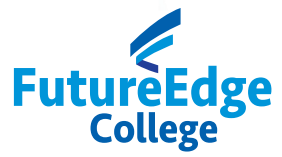Education is an important platform for human capital development. As a developing country, the government of Malaysia constantly works to improve its education policy and delivery, management, access, and quality. Technical and Vocational Education and Training (TVET) which is based on industry-based curriculum concept, is aimed to produce skilled workers.
TVET education plays an important role in producing a skilled workforce in helping to fulfill the aim of Malaysia becoming a developed country. TVET can bridge the skills gap in the job market, opening up a wide range of career opportunities while facilitating lifelong learning and career development.
Career pathways through TVET are not limited to initial training. TVET promotes the concept of lifelong learning. Individuals can continuously upgrade their skills and qualifications through short courses, certifications, and on-the-job training, enabling them to adapt to changing industry requirements and advance in their careers.
TVET programs are designed in close collaboration with industries and employers. This ensures that the skills taught are relevant and in demand in the job market. Graduates are, therefore, well-prepared to meet the specific needs of industries, making it easier for them to enter and progress in their chosen careers.
As Malaysia endeavors to meet the demands of a rapidly changing job market, TVET emerges as a promising pathway for Malaysian youth. It empowers individuals with practical skills, offers diverse career options, aligns with industry needs, and promotes lifelong learning. By investing in TVET, societies can create a skilled and agile workforce that not only benefits individuals but also drives economic growth and innovation. TVET is the foundation upon which individuals can build successful, fulfilling, and sustainable careers.


